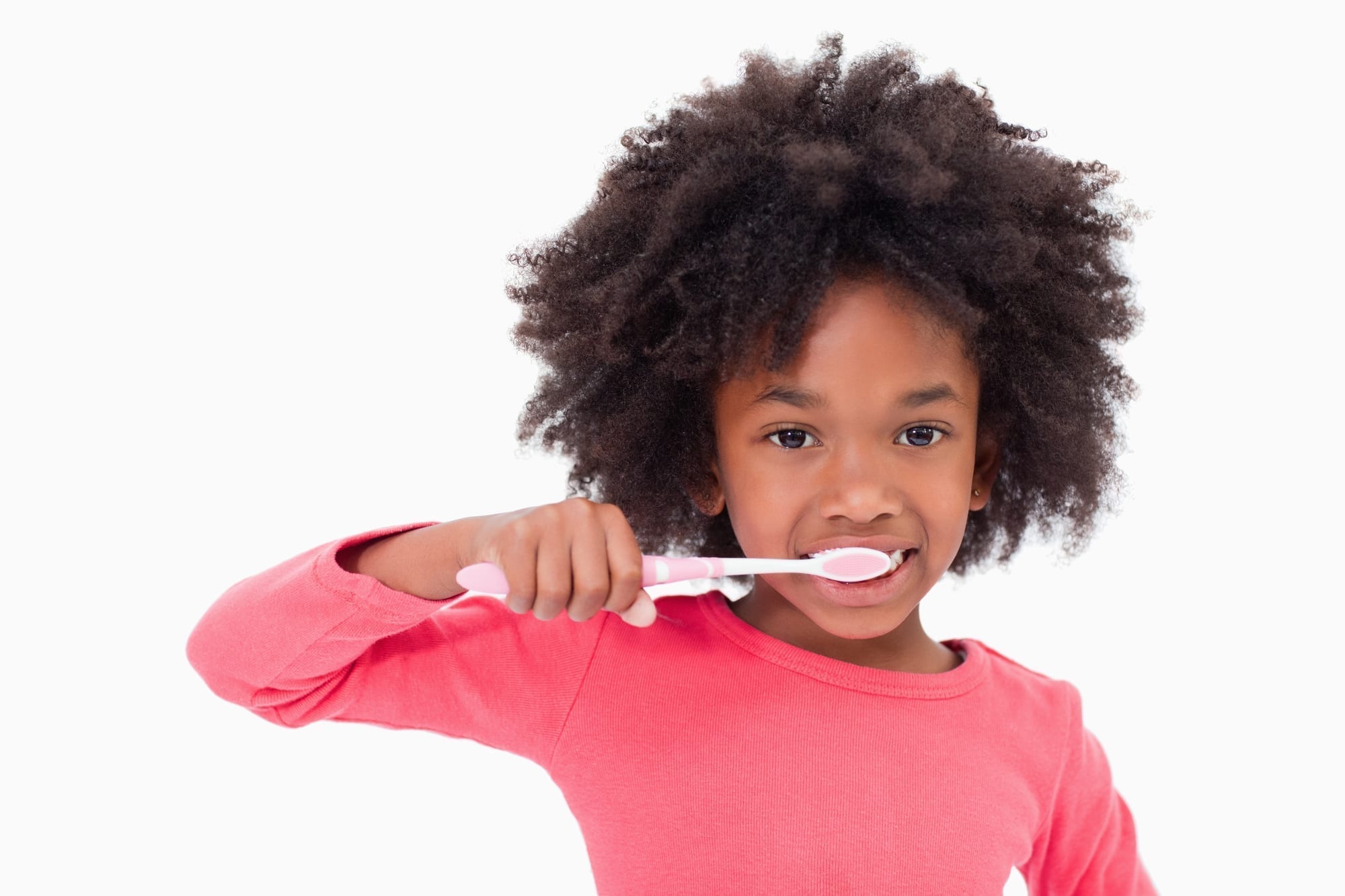In her article for Parents, Rebecca Felsenthal states that cavities are “more common among young children than any other chronic illness, including asthma and diabetes.” She goes on to say that at least 4 million preschoolers have tooth decay due to an increase of sugar in their diets. It may seem inevitable, but cavities don’t have to be a part of your little one’s future. Scientists and dentists have completed decades of studies that tell us exactly how and why cavities occur, therefore we have the upper hand when fighting against them!
Babies aren’t born with disease-causing bacteria in their mouths. They are introduced to the bacteria by sharing spoons and toothbrushes with their parents. However, children who aren’t exposed to this bacterium may eventually have a cavity or two.
Here’s how to fight against cavities at every age:
Babies (0-1)
Even babies without teeth require oral hygiene. Breast-fed and bottle-fed babies are susceptible to something called baby-bottle tooth decay (BBTD) which leads to cavities and other oral health problems later on. This is most common in babies who fall asleep while drinking milk, formula, or juice.
To prevent BBTD, dentists recommend parents wipe their babies’ gums at least once per day. When the teeth erupt, the parent should wipe the teeth as well and brush with a fluoride-free toothpaste as soon as possible.
The American Association of Pediatric Dentistry also recommends that babies have their first dental appointment when their first tooth erupts or by their first birthday.
Toddlers (1-3)
For toddler parents will just build upon the baby-care guidelines. Parents should talk to a pediatric dentist about using fluoride toothpaste to clean their toddler’s teeth. When the child has two teeth that are touching, floss should be introduced.
We recommend brushing twice a day for at least 30 seconds. Find a position that is comfortable for you and your little one and be sure to rinse their mouth out with water after brushing.
Preschool (3-5)
At this age, your little one is probably getting a little more independent. This is a great time to teach her how to brush her own teeth! Of course, she will still need your help to ensure every part of her mouth is cleaned.
At this age, parents should lead by example and try to set an oral hygiene routine with their child. Brush and floss together in the morning and evening. It’s also so important to provide mouth-healthy snacks and meals throughout the day. Learn more about that in this blog!
School-Age (5-17)
While the routine may stay the same, the toothbrush, toothpaste, and floss will change many times as your little one grows into a teenager and adult.
In the beginning, continue to check your child’s mouth to ensure no plaque is left behind. Parents may want to introduce mouthwash into their child’s oral hygiene routine as well. Be sure to ask your pediatric dentist for mouthwash recommendations.
Check out some of our other blogs to learn about the proper brushing and flossing techniques as well as how to make oral hygiene fun!
Fighting Cavities in Overland Park
At Smiles Dentistry for Kids, Dr. Matt is passionate about preventing dental decay in children of all ages. Be sure to schedule an appointment with our pediatric dentist to ensure your little one has the best chance of avoiding cavities.
Call (913) 685-9990 today.
